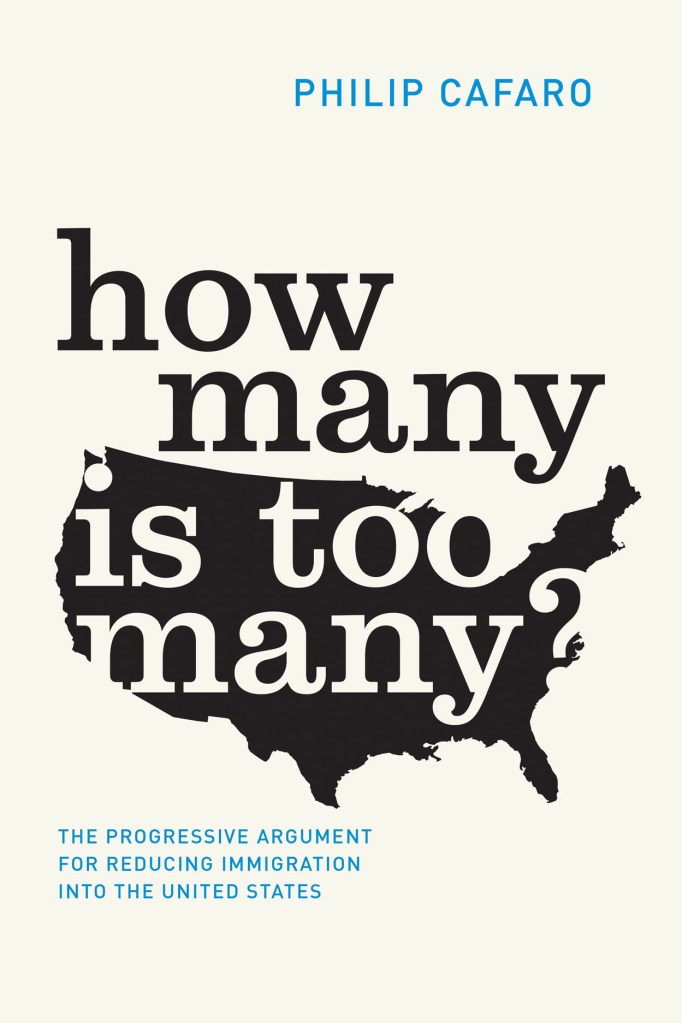Books
NumbersUSA’s efforts to provide a civil forum for discussion of federal immigration policy and to educate the public about better immigration policy and sensible solutions include publication of books on topics related to immigration policy. Included on this page are books written by our Staff and Board of Directors.

Emancipation Reclamation
The little-known story of how simply reducing immigration cleared the way for four decades of the greatest African American advancements in U.S. history
By Roy Beck, Founder of NumbersUSA

Back of the Hiring Line: A 200-Year History of Immigration Surges,
Employer Bias, and Depression of Black Wealth
By Roy Beck, Founder of NumbersUSA
Average Black household wealth in the 21st century is only a fraction of the wealth of other racial ethnic groups, including recent immigrants. There are many reasons. This book is about one of them: periodic sustained immigration surges over the last two centuries.

Political Migrants: Hispanic Voters on the Move—How America’s
Largest Minority Is Flipping Conventional Wisdom on Its Head
By Jim Robb, NumbersUSA Vice President of Alliances
Political Migrants: Hispanic Voters on the Move uncovers the evidence that vast numbers of Hispanics are moving closer to the political right and shows exactly why that is happening, even as the Republican Party has increasingly been identified with positions on immigration that were supposed to drive them away.

The Case Against Immigration: The Moral, Economic, Social, and
Environmental Reasons for Reducing U.S. Immigration Back to
Traditional Levels
By Roy Beck, Founder of NumbersUSA
According to the New York Times, Beck “. . . fosters serious debate rather than name-calling . . . [analyses are] presented carefully and dispassionately and deserve serious answers”

How Many Is Too Many?
The Progressive Argument for Reducing Immigration Into
The United States
By Philip Cafaro, NumbersUSA Board Member and Professor of Philosophy at Colorado State University
One might think Cafaro is toeing the conservative line, but here’s the thing: he’s not conservative, not by a long shot. He’s as progressive as they come, and it’s progressives at whom he aims with this book’s startling message: massive immigration simply isn’t consistent with progressive ideals.